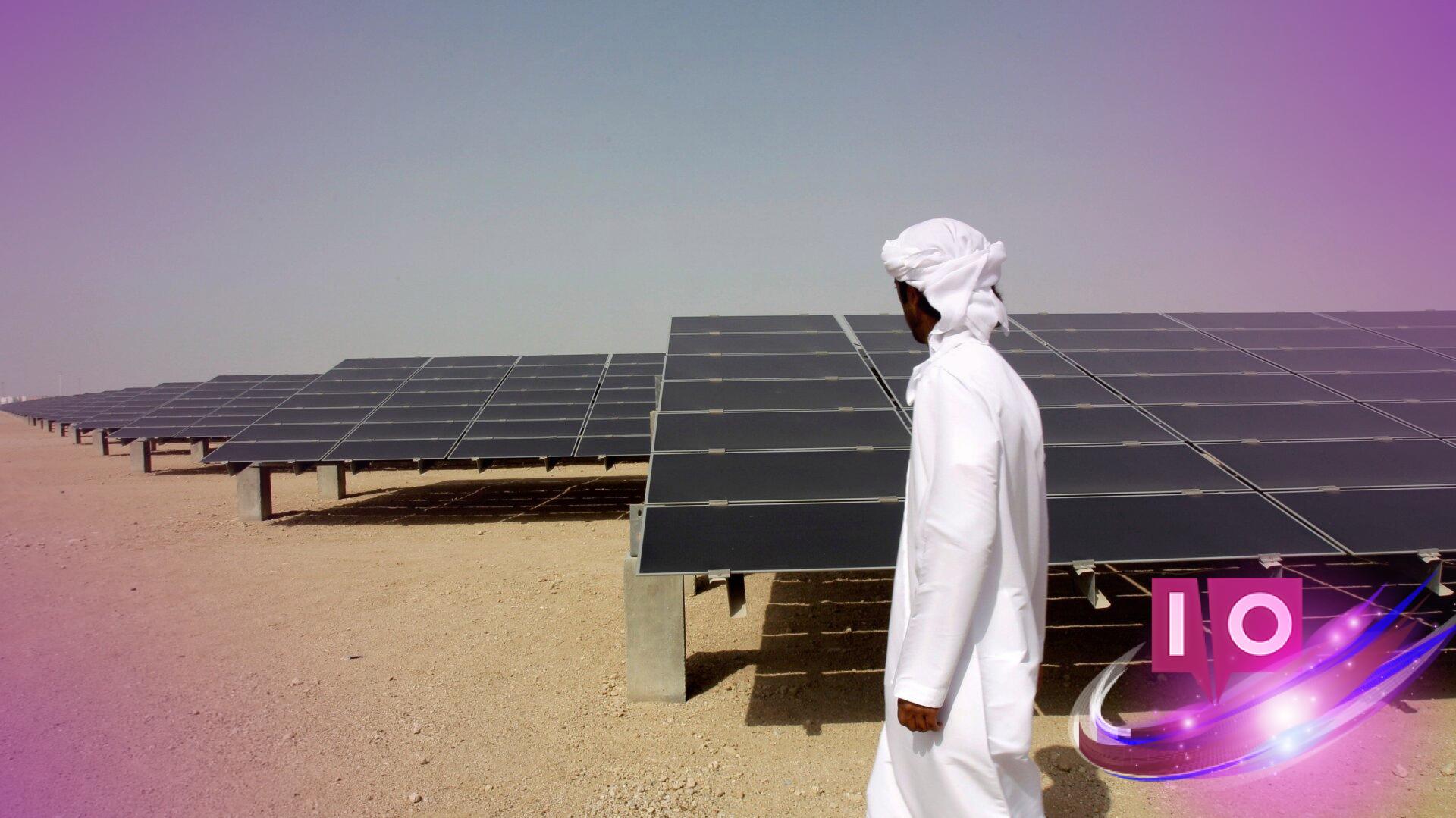The United Arab Emirates is stepping up its game in the artificial intelligence (AI) arena, aiming to compete with powerhouses like the U.S. and China. With the launch of K2 Think, an open-source AI model by the Emirati Institute of Foundation Models, they may have a formidable player in the mix.
On Tuesday, K2 Think was unveiled as a potentially groundbreaking alternative that researchers suggest can stand toe-to-toe with giants like OpenAI’s ChatGPT and China’s DeepSeek in key benchmark evaluations.
With only 32 billion parameters, K2 Think is already outperforming significant reasoning models that are 20 times larger, according to the lab’s press release. For context, DeepSeek’s flagship model boasts 671 billion parameters, though only 37 billion are active. Meta’s Llama 4 models vary between 17 billion and 288 billion active parameters, and OpenAI does not disclose parameter details.
What’s truly impressive is that researchers declare K2 Think to lead all open-source models in mathematical performance across various benchmarks. This model is designed with a distinct focus on mathematics, coding, and scientific research, setting it apart from the majority of existing AI chatbots.
The Emirati lab emphasizes optimized efficiency, echoing the strategy that helped DeepSeek disrupt the AI market earlier this year. By demonstrating that smaller yet resource-efficient models can rival the industry’s largest reasoning systems, this innovation could be a catalyst for the next wave of advancements in AI. “This milestone marks the beginning of that journey,” stated Peng Xiao, a member of Abu Dhabi’s AI and Advanced Technology Council.
Xiao also holds the position of CEO at G42, a prominent Emirati AI development firm that played a key role in launching K2 Think. Recently, the company made headlines for securing a multibillion-dollar data center partnership with the Trump administration, though this has faced scrutiny due to national security issues.
Transparency appears to be a cornerstone of the lab’s mission, as they aim to “open-source not just models but entire development processes.” Researchers will have access to comprehensive materials, including training code, datasets, and model checkpoints, allowing for greater collaboration.
1. Emiratis’ Dedicated Investment in AI
The UAE is serious about advancing its AI capabilities. Between June 2023 and June 2024, an impressive 672 new AI companies emerged, marking it as the fastest-growing AI cluster in the Middle East and North Africa.
The lab behind K2 Think is an initiative of the Mohamed bin Zayed University of Artificial Intelligence, headquartered in Abu Dhabi, with research hubs in Silicon Valley and Paris. This institution was established as part of the Emirati government’s AI overhaul strategy, named Artificial Intelligence 2031, led by Chinese-born American researcher Dr. Eric Xing.
Interestingly, this AI initiative does not just benefit the UAE; it also aids American firms. The Abu Dhabi state AI fund MGX, chaired by the UAE’s national security adviser, is a founding partner in Trump’s Project Stargate. The fund has also invested in OpenAI, highlighting the interdependence of technology sectors across borders.
2. Navigating International AI Partnerships
In May, Trump announced a collaboration between Abu Dhabi and Washington, set to create the largest AI data center cluster outside the U.S., operated by G42 with key partnerships from Nvidia, OpenAI, Cisco, Oracle, and SoftBank. This ambitious project has encountered heightened scrutiny from U.S. regulators over security concerns linked to the UAE’s ties with China, where companies like Huawei and Alibaba are building their influence.
Moreover, G42 has recently divested from certain Chinese investments under pressure from the Biden administration, a move reflecting the complex geopolitical landscape in which these AI advancements are unfolding.
3. AI Revolution: The New Oil of the Middle East
The UAE’s commitment to AI is a strategic effort to diversify its economy, reducing reliance on traditional fossil fuels like oil and gas. This trend extends across the Arab world, particularly within oil-dependent Gulf states. For instance, Saudi Arabia has launched a $100 billion AI investment fund aimed at economic diversification by 2030.
In a similar vein, Saudi Arabian DataVolt is moving ahead with plans to invest $20 billion in AI data centers and energy infrastructure in the United States.
Meanwhile, Qatar Investment Authority has recently emerged as a key investor in American AI companies, backing Anthropic in a substantial $13 billion funding round.
4. Global Competition in the AI Space
As nations strive for dominance in AI technology, various countries are positioning themselves to challenge the current leadership held by the U.S. and China. Singapore has emerged as a promising hub, thanks to its AI-friendly regulatory framework that attracts investments from tech giants like Microsoft.
In Europe, the French startup Mistral recently secured a $1.5 billion investment from Dutch semiconductor manufacturer ASML, marking its presence as a serious contender against OpenAI on the continent.
Concerns are often raised about whether smaller nations can successfully compete with AI giants like OpenAI and DeepSeek. What strategies can these countries adopt to make their mark on the global stage? Countries must prioritize investment in research and development, focus on nurturing homegrown talent, and cultivate international partnerships that enhance access to technology and expertise.
How can K2 Think potentially shift the dynamics in the AI market?
K2 Think has the potential to change the AI landscape by offering a competitive alternative that prioritizes efficiency and specialized functions, thereby appealing not just to large corporations but also to smaller enterprises and researchers looking for viable AI solutions.
Could the UAE’s push in AI attract global attention?
Absolutely. As the UAE emphasizes AI transparency and collaboration through open-source initiatives, it is likely to draw interest from researchers and developers worldwide seeking to engage with cutting-edge technology.
Ultimately, the UAE’s dedication to AI represents a significant shift in the global economic landscape. As they aim to redefine their role in technology investment, the actions taken today will reverberate well into the future.
If you find this topic compelling, consider exploring related content to gain deeper insights into this rapidly evolving field at Moyens I/O.
